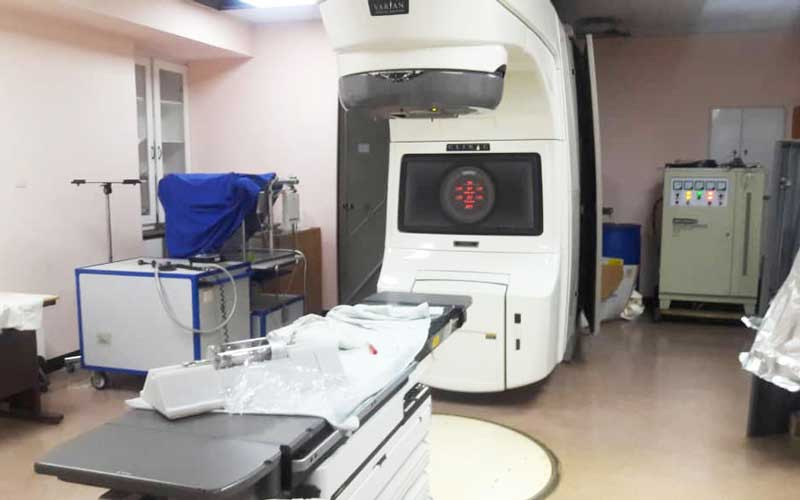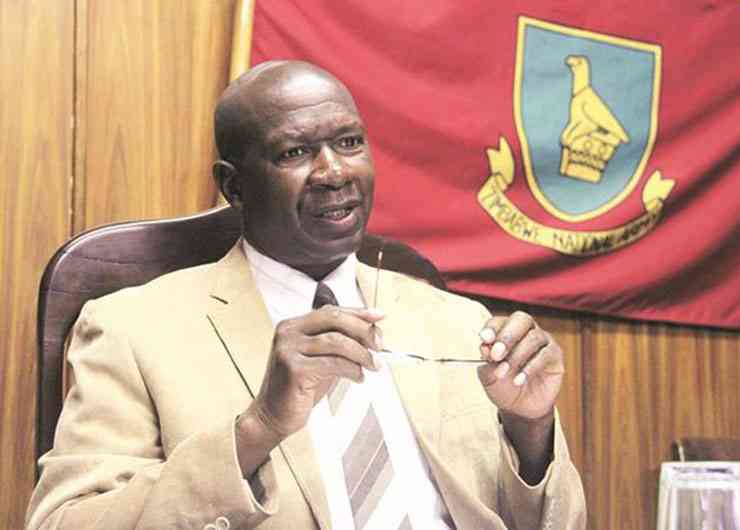
HEALTH experts this week attributed delays in the installation of radiotherapy equipment at Zimbabwe’s two largest hospitals to the shortage of technicians, as cancer patients struggle to access services.
They also said facilities for the treatment of cancer must be installed in all major health centres apart from Parirenyatwa Hospitals in Harare and Mpilo in Bulawayo.
According to 2020 data from the Global Cancer Observatory, Zimbabwe, which had a 15 million population during the period, reported 16 000 new cancer cases.
The data says about 10 676 cancer patients died during the period.
Cervical, breast and prostate cancer were the most frequently reported cases during the period.
A crumbling health delivery system has seen the country struggle to contain increases in the number of people affected.
In an interview with the Zimbabwe Independent, Johannes Marisa, president of the Medical and Dental Private Practitioners Association of Zimbabwe, said the installation of radio therapy facilities had been held back by shortages of technicians required to carry out the work.
“The radiotherapy machine is there at Parirenyatwa. The other one is supposed to be installed at Mpilo. It needs many technicians, some from outside Zimbabwe, to install. This is because it is a very sensitive machine that if not properly fitted can be disastrous,” Marisa said.
“The process is sluggish, but I think in a few weeks from now we will be having a fully functional hydrotherapy machine. The government has also managed to install a magnetic resonance imaging scan at Parirenyatwa. It is now operational, which is a big milestone in the health sector,” Marisa added.
He called for the installation of CT scans at every provincial hospital.
“That would be my advice to the government. Action must be taken towards achieving what I have highlighted above,” he said.
According to experts, cancer is set to overtake HIV and AIDS as the leading cause of death in Zimbabwe.
In many cases, the disease is diagnosed late, and with very few oncologists in public hospitals, most cancer patients lose their lives prematurely.
According to the Ministry of Health and Child Care, cancer remains a major cause of morbidity and mortality with over 5 000 new diagnoses and over 1 500 deaths per year.
Cancer treatment services are centralised in Harare and Bulawayo, posing challenges related to transport and accommodation costs for those requiring treatment.










